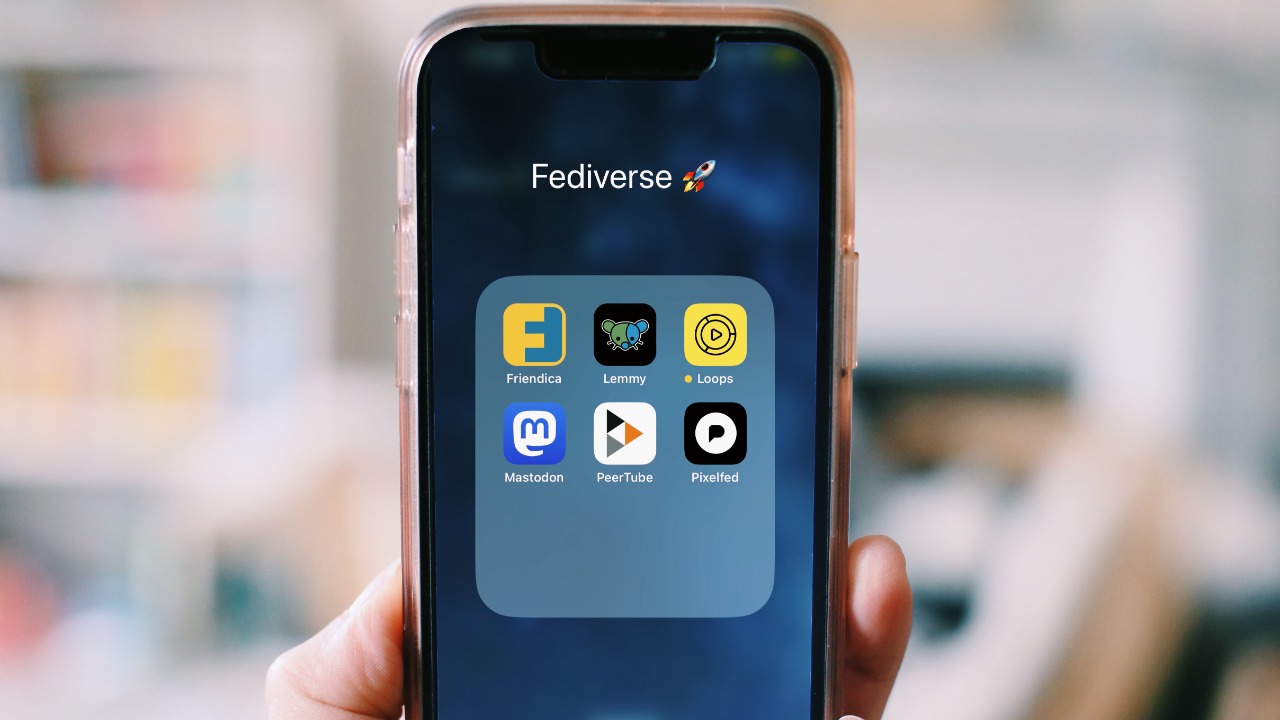
In the digital era, technology’s advancement is a double-edged sword. As our devices and applications grow more sophisticated, so do the potential threats we face. A recent concern raised by researchers is the issue of applications that continue to function in the background, even after they’ve been uninstalled.
Understanding Background App Activity

Background app activity refers to the operations that apps perform while not in active use on your device. These tasks can range from updating content to receiving notifications. As explained in this Quora discussion, it’s common for apps like social media platforms or email clients to run in the background to provide real-time updates.
However, the issue arises when these apps persist in their background activity even after deletion. This continual operation can lead to potential security threats, such as unauthorized data access or battery drain. The risks are heightened when users are unaware of this stealthy background operation.
Researched Findings: Apps That Don’t Fully Delete

A study published on ACM Digital Library highlights the alarming trend of apps that continue to run even after users have deleted them. The research indicates that some apps leave residual components on devices, allowing them to continue functioning covertly.
According to a Forbes article, specific apps identified as problematic include popular ones like Facebook and WhatsApp. The persistence of these apps even after deletion potentially exposes users to a myriad of threats, from privacy breaches to device performance issues.
How Tech Giants are Reacting

Major tech companies have been taking note of this problem. Apple, for instance, has been making changes to its iOS to provide users with more control over their app permissions and data access. The company’s recent privacy labels on the App Store aim to inform users about the data collection and usage practices of apps.
Interestingly, Facebook’s recent tracking warning has sparked conversation around these issues. As detailed in this Forbes piece, the warning led many users to delete the app, although it may continue to run clandestinely. This incident underscores the importance of tech companies addressing this issue more comprehensively.
Protecting Your Digital Privacy

While tech giants grapple with this issue, user awareness and education play a crucial role in protecting digital privacy. It’s essential for users to understand their apps’ permissions and behaviors to mitigate potential risks. Regularly updating your device’s operating system and scrutinizing app permissions can help ensure your apps aren’t running covertly in the background.
The UK government’s warning about the risks of certain driving test apps serves as a prime example of the broader issue at hand. Just as these apps pose risks, many other apps might too.
Future Implications and Ongoing Research

This ongoing issue of persistent apps could have significant implications for digital privacy and security. As more of our lives become intertwined with digital platforms, the potential for harm grows. Cybersecurity threats could become more potent, with rogue apps serving as potential gateways for cyberattacks.
Research into this issue is ongoing, with academics and industry experts alike exploring potential solutions. The future of app development and regulation might see significant changes, with stricter standards for app behavior and more robust user controls. As we continue to navigate the digital age, staying informed and vigilant is our best defense against these emerging threats.